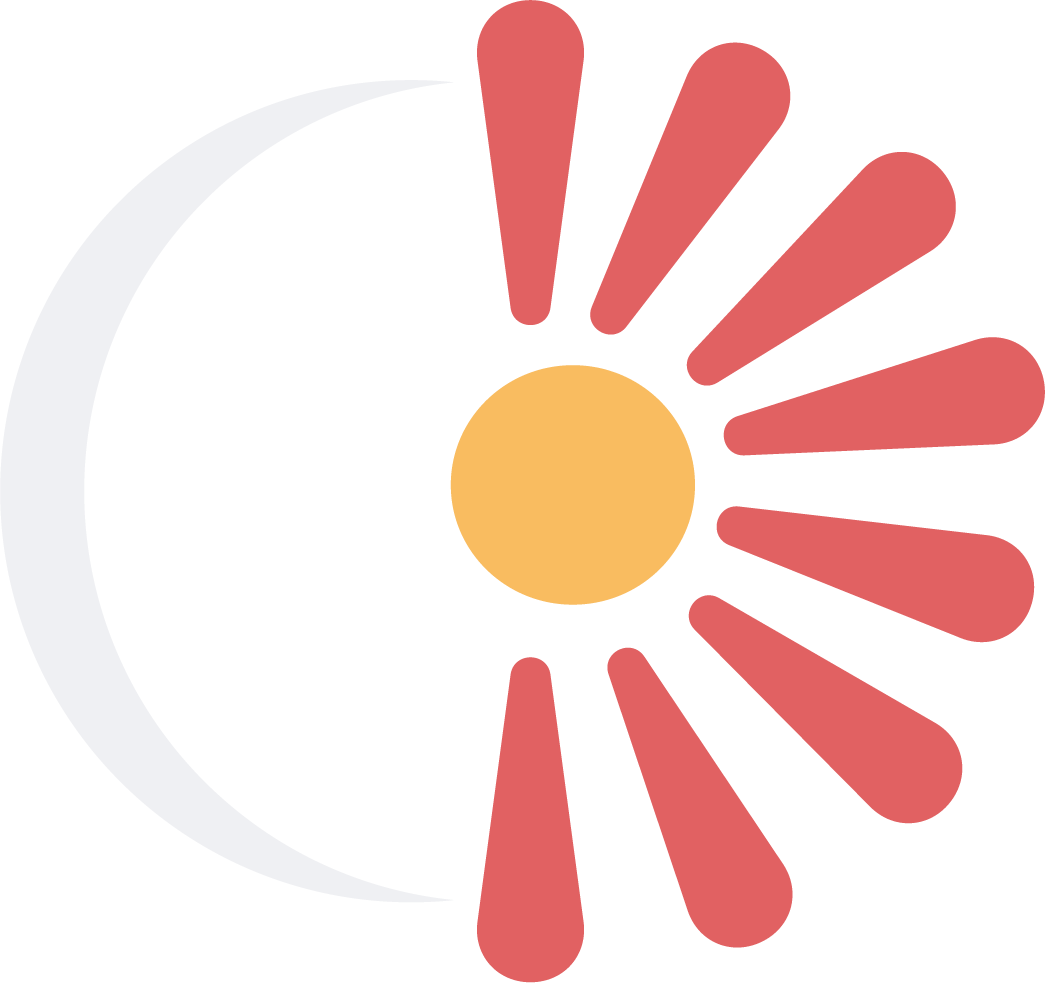
Trouble sleeping? Tired during the day?
We can help.
What is sleep apnea?
Sleep apnea is a family of sleep disorders which are more properly grouped under the heading - sleep disordered breathing. Types of sleep disordered breathing include:
Obstructive sleep apnea
Central sleep apnea
Complex sleep apnea
Simple snoring
The most common type of sleep disordered breathing is obstructive sleep apnea.
How do you know if you’re not getting the quality of sleep you need?
There are multiple symptoms of sleep apnea. Symptoms include:
Feeling like you don’t have enough energy to get through the day
Never quite feeling rested
Trouble falling asleep
Loud or frequent snoring
Sleepy during the day
Choking or gasping while you sleep
What could happen if sleep apnea goes untreated?
Getting the quality of sleep you need is absolutely critical to your overall health. Obstructive sleep apnea is associated with a three-fold increased risk for heart attack, stroke, and death from any cause. Obstructive sleep apnea puts additional strain on your heart and lungs and can result in heart failure and pulmonary hypertension if allowed to continue untreated. It is the number one cause of hypertension. There is also a direct correlation between sleep disorders and diabetes and vascular disease. Untreated sleep apnea even changes how the brain operates, forms memory, and regulates emotions. For detailed information on how sleep apnea impacts an individual’s neurological and cardiovascular health, click here.
Did you know that 90% of people with sleep apnea are undiagnosed and untreated?
Don’t be one of them! WE CAN HELP! At the Keeton Clinic, we treat a variety of sleep disorders including:
Sleep apnea
Sleep walking
The treatment process is simple:
We’ll conduct a sleep study. This could involve taking a device home or staying in our clinic overnight.
Once the sleep study results are evaluated, a treatment plan is created to outline the best way to provide you with the quality of sleep you need.
What is a sleep study?
The only way to reliably distinguish simple snoring from obstructive sleep apnea is to undergo an overnight sleep study in a sleep laboratory. This involves a series of “stick on” sensors that detect what stage of sleep you are in, how well your are breathing, and how hard you are working to breath. Based on the information collected from the sleep study it can be determined if you have obstructive sleep apnea and how severe it is.
At the Keeton Clinic, we conduct sleep studies every night of the week at each location. We have created a bedroom environment designed to help each patient feel right at home. For more information on what a sleep study is, click here.
Treatment for sleep apnea
Our goal is to help you experience restorative sleep on a nightly basis.
The first line of treatment for obstructive sleep apnea is continuous positive airway pressure (CPAP). This involves the use of a nose mask to deliver air pressure to your upper airway to help it remain open and prevent its collapse. This can “cure” your sleep apnea and bring the increased risk for heart attack, stroke, and death back to where it would be without obstructive sleep apnea. In circumstances where CPAP cannot be used, second line options (depending on the severity of your disease) include dental appliances and surgery.
At The Keeton Clinic, over 90% of our patients continue using their CPAP machine after the initial three month trial period. (compared to the national average of 75%) We will help you obtain the maximum benefit from your CPAP machine so that you can continue to experience restorative, restful sleep.






